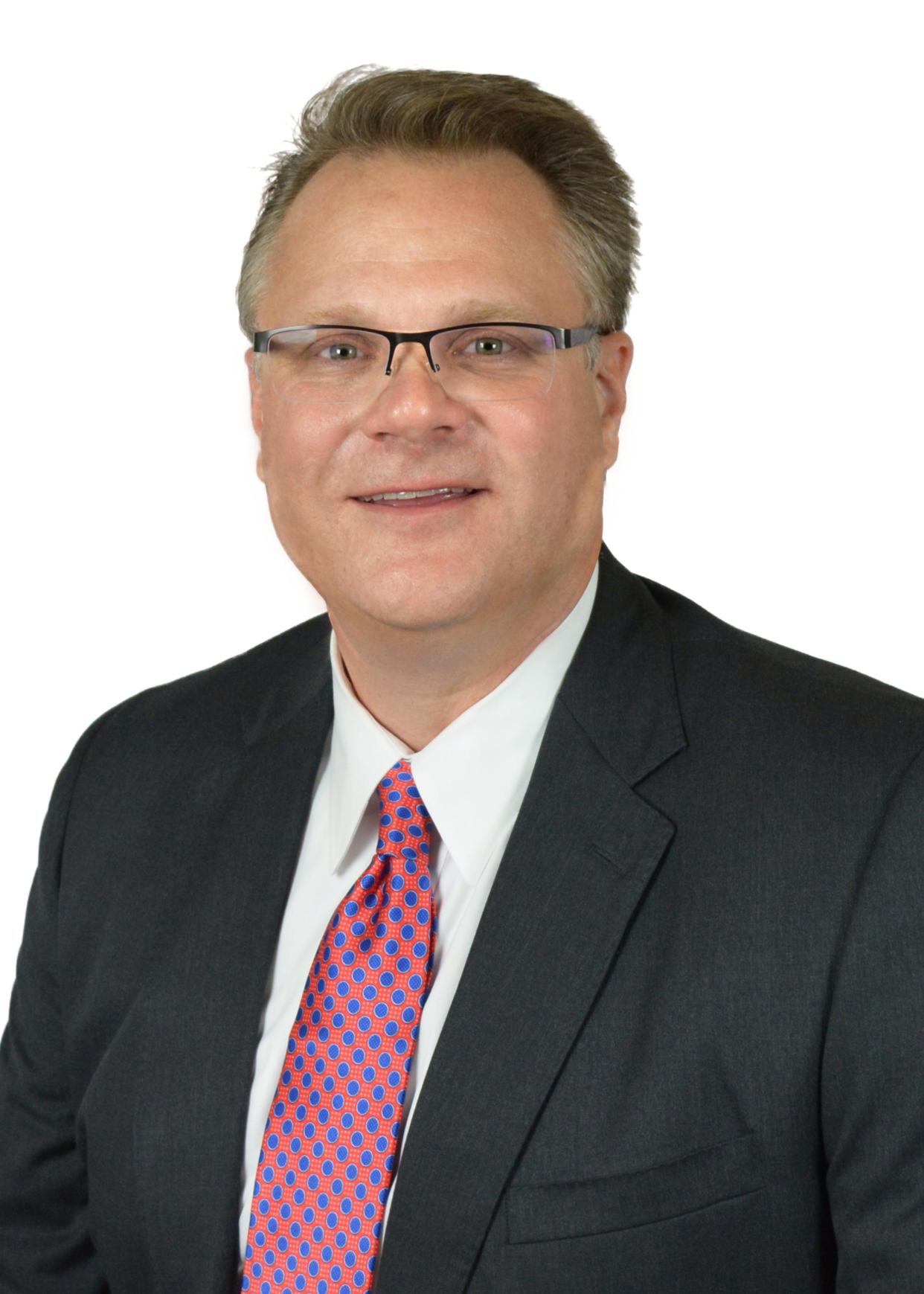America’s mental health in crisis as 1 in 5 face challenges, care shortage

These days when we hear “pandemic,” we usually think of COVID 19, but there has been a largely unattended to pandemic simmering in the United States for decades — our mental health crisis.
Even before COVID-19, the nation faced significant challenges related to mental and behavioral health, and by 2021, one in five U.S. adults — 57.8 million people — had a mental health condition. Yet, we have a substantially limited capacity to meet this need.
Hospital leaders cite workforce shortages as their No. 1 challenge, and this is even more pronounced in the field of mental health. We simply do not have enough psychologists, psychiatrists and behavioral health professionals to treat those who need care.
In Ohio, the shortage of mental and behavioral health providers remains dire. Over 20% of Ohioans live with a mental health condition or substance use disorder, and nearly 2.4 million Ohioans live in communities without enough behavioral health professionals. According to a 2021 study, the demand for behavioral health care services in Ohio increased 353% from 2013 to 2019 while the workforce increased only 174% over the same time period.

In addition, more than 150 million people live in federally designated mental health professional shortage areas. The federal government has projected that for certain specialties, the shortage could reach as many as 35,000 full-time equivalent employees by 2030.
After decades of experiencing the opioid crisis, particularly in hard-hit states like Ohio, we are now witnessing the next wave of the epidemic — overdoses from a combination of drugs, such as fentanyl combined with synthetics — creating the polysubstance use crisis. In 2021, according to the Centers for Disease Control and Prevention, 107,622 people died of overdoses — a 15% increase over the 93,145 in 2020 — and there were more than 102,000 deaths in the 12-month period ending in June 2022.
It is also important to note that while people of color often experience worse behavioral health outcomes than the general population, the behavioral health workforce is predominantly white. According to a report from the American Psychological Association, 86% of U.S. psychologists in 2015 were white, and in 2019, the Bureau of Labor Statistics found that 88% of mental health counselors were white.
Federal programs like Substance Abuse and Mental Health Services’ Minority Fellowship Program and the Health Resources and Services Administration’s Behavioral Health Workforce and Training Program are investing in building a more diverse and culturally responsive workforce and increasing the supply of behavioral health professionals to address health disparities and improve access to care. However, despite increases in appropriations in the past three years, these programs are still woefully underfunded to meet the needs of the population.
We applaud Congress for the meaningful investments enacted in the Consolidated Appropriations Act of 2023, including increases for the Graduate Psychology Education Program, the Minority Fellowship Program, and for addressing maternal behavioral health conditions, and extending Medicare coverage flexibilities for telehealth. We also commend Ohio Gov. Mike DeWine for proposing a 10% Medicaid rate increase for community behavioral health services.

However, much remains to be done and much needs to be asked of our policymakers to address and alleviate the mental health crisis in America. We need to look more closely at loan forgiveness programs to increase the supply of licensed mental health professionals, incentives for providers to serve in low income and rural areas, and increased Medicare and Medicaid reimbursement rates for behavioral health services so all Americans, particularly those who are disenfranchised, can receive access to care.
Brian Lane is president and chief executive officer of the Center for Health Affairs. Dustin McKee is CEO of the Ohio Psychological Association. Teresa Lampl is CEO of the Ohio Council of Behavioral Health and Family Services Providers.
This article originally appeared on Akron Beacon Journal: America facing a mental health crisis amid care shortage
